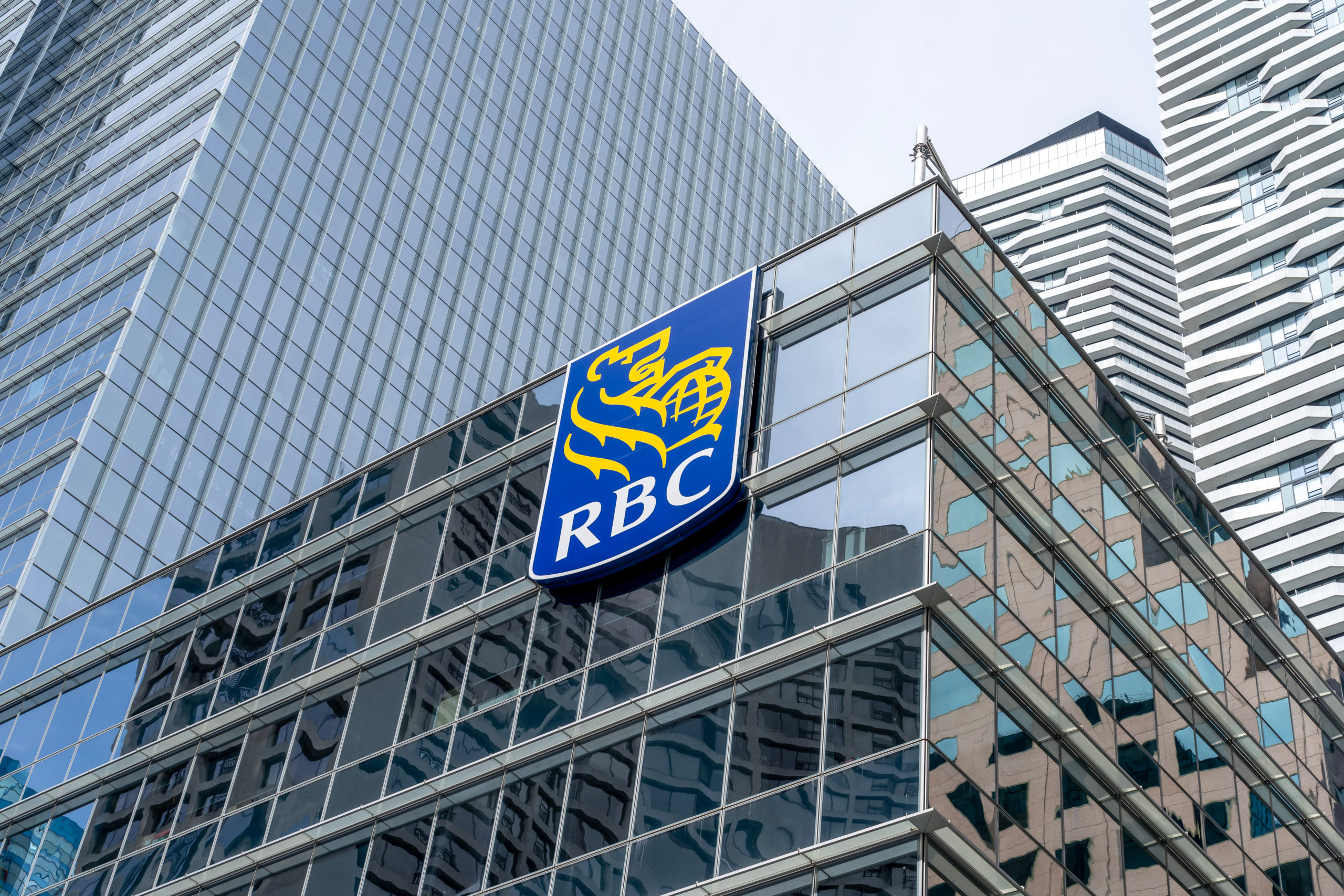Spring buying season, the busiest time of the year in real estate, is upon us and large cities like Toronto and Vancouver are hotter than they’ve ever been. Unfortunately, that means swaths of home purchasers are likely waiving their right to home inspections.
Although that’s been standard practice in the aforementioned cities for years now, it is still not without its risks. Issues with a home’s foundation, electrical wiring, plumbing and roof are costly fixes.
“The risk is far higher if you’re looking at an old home that’s never been renovated,” said Justin Thouin, LowestRates.ca’s founder and CEO. “There could be risk of asbestos, knob and tube wiring, and as a result you could find yourself in a home with massive costs that you didn’t anticipate.”
Consequently, the buyer could be denied home insurance or charged a much higher rate until the problematic items are fixed. Thouin says up to 95% of deals in Toronto include forgone home inspections because of the competition, and offers that include inspections are typically declined outright.
“Realistically, this is not a huge issue, thankfully, right now because most times the selling side actually undertakes the home inspection before the home is put on the market, and usually these home inspections from the seller’s side can be trusted as long as they use a recognized, reputable source,” said Thouin.
He added that inspections aren’t necessary for condos and homes that were built recently. However, Davelle Morrison takes issue with the idea that a seller’s home inspection is trustworthy.
“That home inspector is working for the seller, not the buyer,” said Morrison, a broker with Bosley Real Estate. “People have been waiving home inspections for years now, so it’s not anything big, but I usually tell my clients that if they want to put an offer on the home, they should do a home inspection before making that offer.”
Morrison admits, though, that in scorching markets like Toronto’s, it can be difficult nailing down an appointment with a home inspector before the offer date.
If homebuyers interested in a property cannot secure the services of a home inspector before the date on which their offers are due, Thouin says other things can be done, if only for peace of mind.
“We hear all the time about people who bring their friend who’s a contractor to a viewing to walk around the home,” he said. “The contractor obviously can’t see everything, but they know what to look for and it gives peace of mind to the prospective buyer.”
Morrison added that a lot of buyers spend money on home inspections, but after missing out on a couple of houses, their resolve to keep hiring them wanes. She advises not to let that happen.
“Home inspection costs around $600, and people are spending $1 million to $2 million on houses, so it would be good to know what you’re getting yourself into by paying the $600 for a home inspection,” she said. “It’s just that people do it a couple of times, lose out on the house and they get tired of paying it, but it’s money well spent.”













